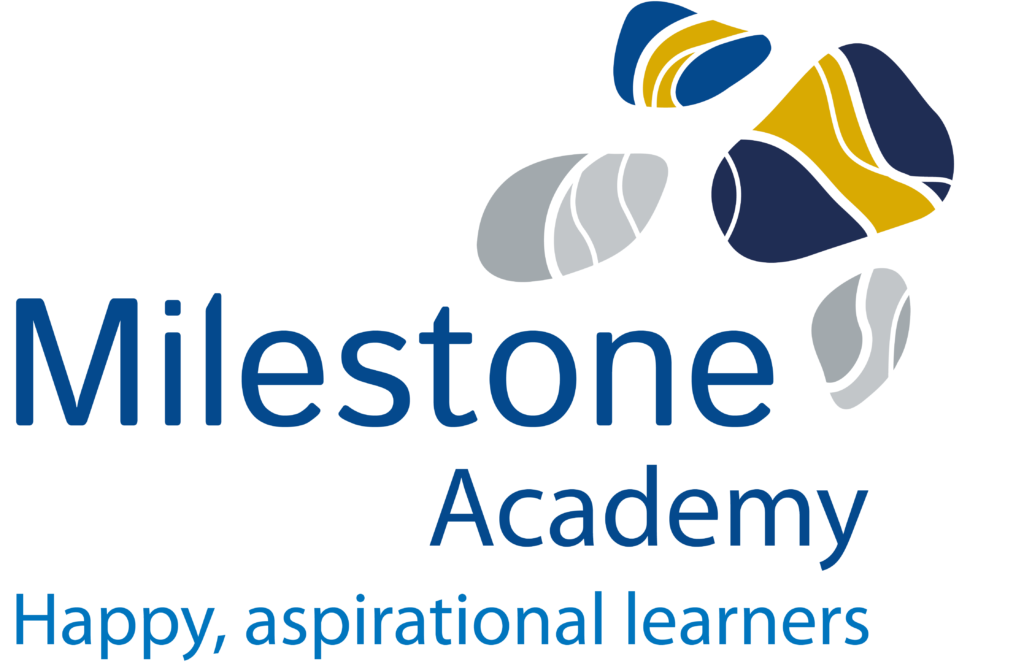Teaching children about online safety (e-safety) is extremely important and is a large part of child protection and safeguarding, especially considering the technology that is available to our students both in school and outside of school.
Due to the needs of our pupils at Milestone Academy, each class personnalises the way that online safety is taught to help develop their pupil’s understanding of the topic.
The school works in partnership with the Leigh Academies Trust to ensure that all staff participate in safeguarding training at the beginning of each academic year which includes e-safety. As a school, we also offer e-safety workshops twice a year where we invite parents into the school to talk about any difficulties they have at home around e-safety and we give any advice and support that we can offer.
Should you have any concerns regarding what your child is accessing online please do not hesitate to contact Janet Tidmas (DSL) and Sarah Goosani (Deputy DSL).
2023-24 workshops
- Friday, 8 December 2023: 1:30 – 2:30pm
- Tuesday, 20 February 2024: 5:00 – 6:00pm
internet filtering & monitoring
- A Parents’ Guide to Technology: The UK Safer Internet Centre has created this guide to answer commonly asked questions and introduce some of the most popular devices used by children, highlighting the safety tools available and empowering parents with the knowledge they need to support their children to use these technologies safely and responsibly.
- Internet Parental Controls: The four big internet providers – BT, Sky, Talk Talk and Virgin Media – provide their customers with free parental controls that can be activated at any time. Video tutorials on how to download and use these controls are available on the UK Safer Internet Centre website.
useful resources
Below are a series of documents and resources that you may find helpful when supporting your child with how to keep themselves and others safe online.
- Net Aware offers parents useful information about each social network, including the age guidance for users (website in partnership with o2)
- How to protect your children when they are online
- Who CEOP are and how they work
- Online e-safety useful links and information
- CEOP internet safety
national online safety
The National Online Safety is a multi-award winning digital training provider, with extensive resources in online safety, developed in line with the Department of Education’s statutory requirements.
As part of our membership with the National Online Safety, we are pleased to share with you access to this resource. Please register here as a parent.
The package provides e-courses, resources and updates for the whole school community – including all school staff, governors and parents/carers – to support us in making the internet a safer place for children.
The following short course(s) is/are a good place to start:
- Online Safety for Parents of Children Aged 3-7
- Online Safety for Parents of Children Aged 7-11
- Online Safety for Parents of Children Aged 11-14
- Online Safety for Parents of Children Aged 14-18
social media
- SWGfL Social Media Checklists: Up to date and free to download guides on social media sites including TikTok and Roblox.
- DoppelMe: Create a cool graphical likeness of yourself, your friends, family or any group of people for use as an avatar in forums, instant messenger, blogs and almost anywhere else on the web.
- Facebook Family Safety Centre: Provides useful information and tips for parents and carers, teens and educators. These pages do not require a Facebook account in order to view them.
- Google+ Safety Centre: Provides useful information and tips for parents and carers, teens and educators. These pages do not require a Google account in order to view them.
- X (formerly Twitter) Help Centre – Tips for Parents: Provides useful information and tips for parents and carers. These pages do not require a Twitter account in order to view them.
If you have any questions about ICT & Online Safety please do not hesitate to contact our Digital Lead, Kyle Marsh (kyle.marsh@milestoneacademy.org.uk) directly.


